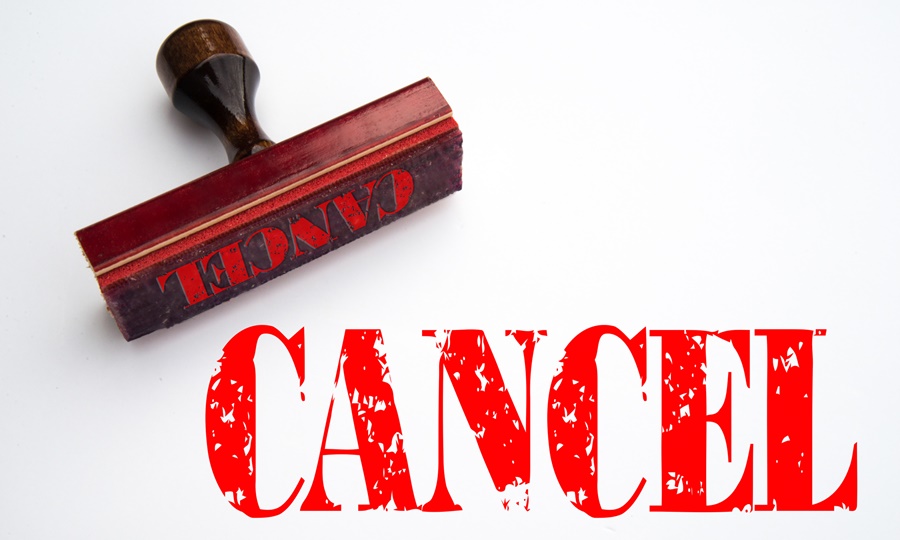
There are many benefits associated with getting a trademark registration for the names, logos, and taglines you use (or intend to use) in connection with the advertising and sale of your products or services. Personally, I like to think of a US trademark registration as an insurance policy. You purchase automobile insurance in case you’re involved in a car accident. You buy homeowners insurance in case your house goes up in flames. And you purchase health insurance in case you become seriously ill. Of course, you hope you never have to use your insurance policies, but you’re extremely glad you bought them if a tragedy or disaster does occur. Similarly, a trademark registration is like insurance on your trademark. It protects one of your most valuable business assets and assists you in recovering the monetary damages you’ll likely suffer as a result of an unexpected infringement or misappropriation by someone else.




